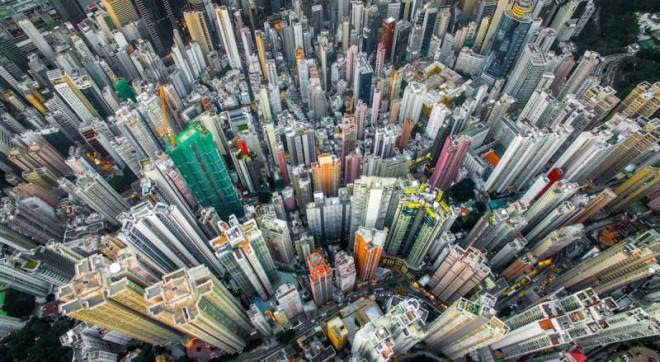From The Telegraph, February 29:
Under Xi’s tightening grip, Hong Kong’s days as a global deal-making hub are numbered
The decision by both Taylor Swift and Coldplay to skip Hong Kong on their 2024 world tours has sparked soul searching in the city, with the Hong Kong Free Press claiming musical acts are “shunning” the region.
The snub is emblematic of a broader shift: Western banks, their expat workers and foreign capital are all taking flight from Hong Kong as Beijing exerts an increasingly authoritarian grip on the region.
It is a theme explored in the recent Amazon Prime TV series Expats, starring Nicole Kidman. Tellingly, the series is not available in Hong Kong.
Beijing’s tightening grip, and the associated chilling of free speech and capitalism in the region, is coming at a cost.
Hong Kong’s financial secretary Paul Chan announced the first increase in income tax in the region in 20 years on Wednesday, as authorities scramble to fill a growing budget blackhole.
In a surprise move, a new top tax rate of 16pc for earnings above HK$5m (£500,000) will be launched from April.
Currently, Hong Kong has a flat tax rate of 15pc for all earnings. The last time it raised income taxes was in 2003, when the flat rate went from 15pc to 16pc. This decision was reversed in 2008.
The new top rate will hit 12,000 high earners in Hong Kong and will bring in an extra HK$910m for the government.
The tax rise is in response to Hong Kong’s ballooning deficit, which is projected to be HK$101.6bn by the end of March – nearly twice what was estimated a year ago.
In the past, the government has relied heavily on land sales to boost its income but demand has slumped. It has sold less than a quarter of what it hoped to in its current financial year, which ends in March.
The tax rise is small in the grand scheme of things. It will affect less than 1pc of all taxpayers in Hong Kong. But it exemplifies two much larger trends.
Once a major global, free market hub, Hong Kong is slowly turning its back on Western capitalism and its economy is paying the price.
“The peak position Hong Kong occupied over the past two decades, it has ended,” says Max Zenglein, chief economist at Germany’s Mercator Institute for China Studies.
The turning point was 2020, when China forced through a new national security law that massively reduced Hong Kong’s autonomy and criminalised protesters who called for democracy and freedom of speech....
....MUCH MORE
It's deliberate. Beijing has planned on bringing Hong Kong to heel since 2012 and possibly since 1997.
Previously:Hong Kong’s Demise
It appears that one of Beijing's options is to let Hong Kong die on the vine and wither away as a business center, with Shenzhen, Shanghai and even Hainan island assuming some of the various roles that Hong Kong has played over the years.
And if HK is no longer an entrepôt and the gateway to China it faces the possibility of becoming a colonial backwater but one that is so overbuilt it ends up as an urban hellscape. Imagine this:

From China Law Blog:
Hong Kong’s Demise
This blog has not minced words when it comes to describing the grim situation in Hong Kong, which, as one of my former colleagues at the State Department puts it, “will get worse before it doesn’t get better.”....